Researching, remembering and commemorating those in our families who served. Michelle will explore ways family historians can research, remember and commemorate those in our families who served. The presentation will include tips about where to find service records and the gems of information that can be found within. Lest We Forget.

Already a member? Log in
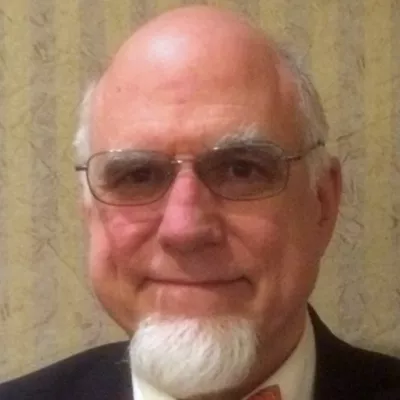
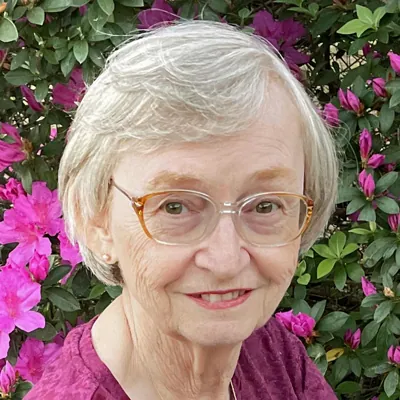
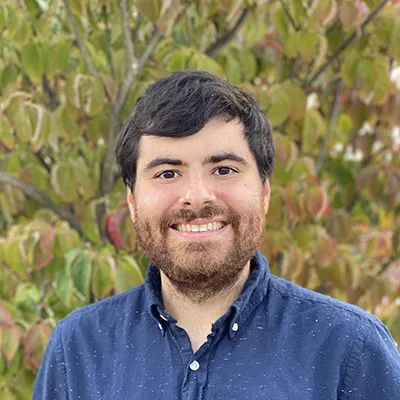


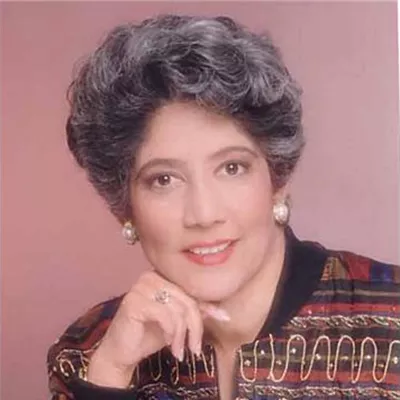


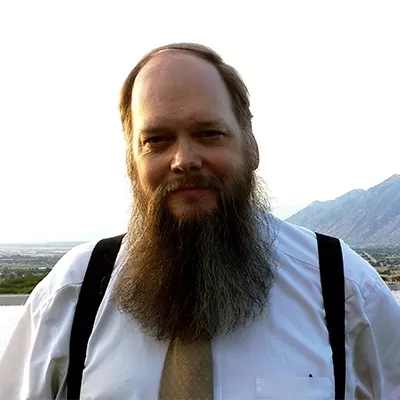
You should receive a confirmation email with a link to the webinar soon.
You’ll also receive a reminder both the day before and one hour before the webinar begins.
Didn’t receive a confirmation email?
You successfully registered for %s.
You should receive a confirmation email with a link to the webinar soon.
You’ll also receive a reminder both the day before and one hour before the webinar begins.
Didn’t receive a confirmation email?
To ensure a smooth, high-quality webinar experience, check the quality of your internet connection.
On the day of the webinar, connect 30–40 minutes before and turn off any background software. If you can’t tune in live, you can view the recording later in the Webinar Library. If joining via a mobile device, be sure to first install the free GoTo app.
Questions? Contact us or read our FAQ.
It looks like you’re already registered for this webinar
You can register for another webinar.
Didn’t receive a confirmation email?
It looks like you’re already registered for these webinars
You can register for another webinar.
Didn’t receive a confirmation email?
Something happened on our end, sorry about that
We were unable to complete your registration.
Please try again later.



 Syllabus
Syllabus
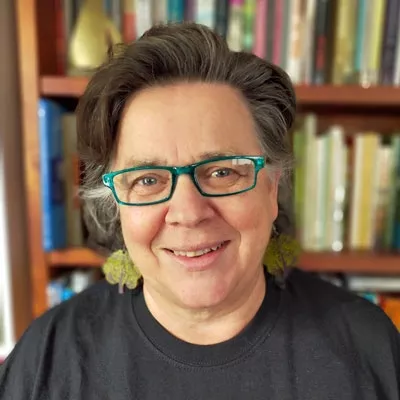
Beautifully presented information. Well done!
Thanks Michelle for your excellent presentation, remembering those who gave their lives for their country
A very interesting webinar. It is a great reminder to pay attention to the memorials all around us.
The number of websites for military research is way more than I realized were out there. This was a fantastic presentation and I’ll be exploring all of the sites listed. Thank you for a great presentation.
Great info, excellent presenter.
My father in Law, 3 uncles and several others were in the military. Have found quite a few records for all of them.
I always enjoy this presenters webinars, she is so informative. I have no family in Australia or New Zealand, but really enjoy learning about them.
Very good information.